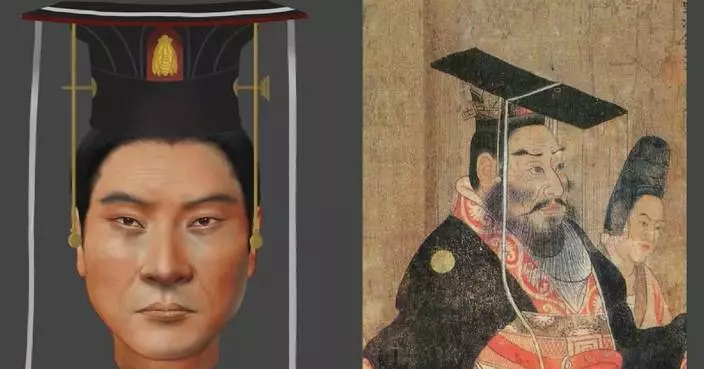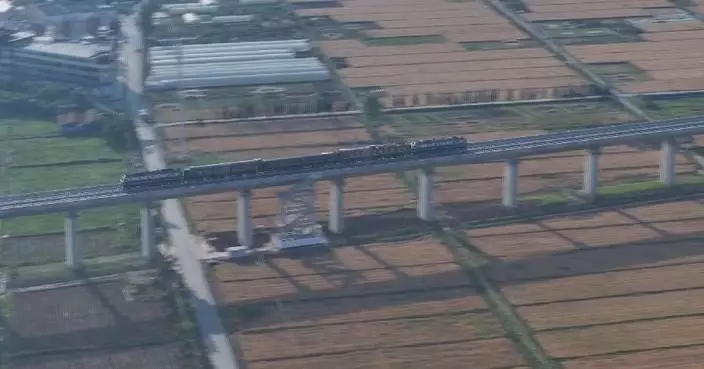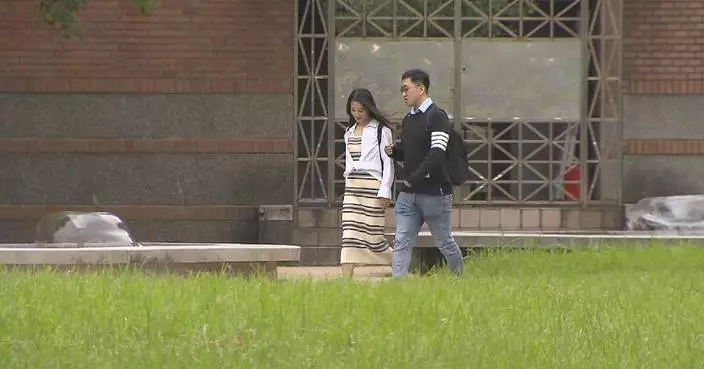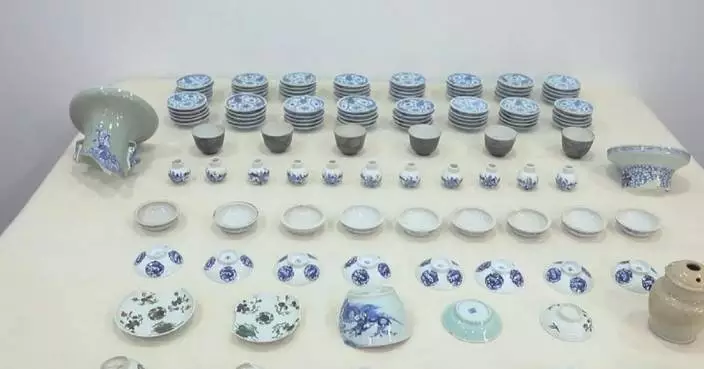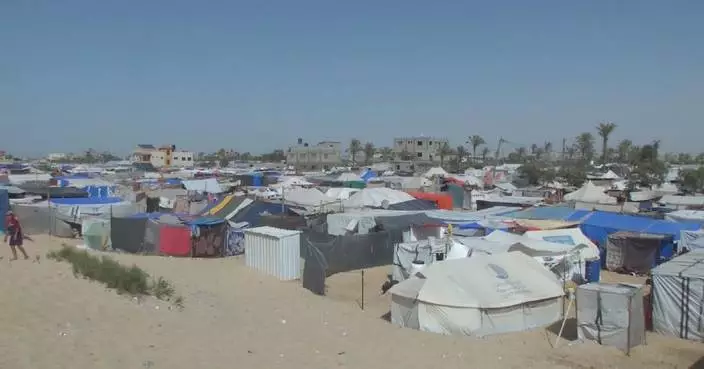Chinese and French researchers are working together to study grape varieties to uncover the history of grape domestication, as climate change is changing French wine.
Warmer weather has already begun moving grape harvests earlier into the year, but also brought risks to the plants, according to Professor Dai Zhanwu, researcher with the Chinese Academy of Sciences.
"The plants in the greenhouse are growing one to two months faster than those grown outdoors in natural conditions. If the planet warms up due to climate change, the plants will inevitably sprout earlier. But is earlier time always better? Not necessarily, because if there's a drop in temperature causing a late frost, it could have a very negative impact," said Dai.
As a grape researcher, Professor Dai has spent a long part of his career in Bordeaux, France, where his counterparts have long been closely monitoring this profound change.
"Climate change is a big issue. And for example, in France, it may threaten the ability to grow grapes in some part of France, mainly in the south. We have also a lot of droughts or more droughts. It may become more serious," said Nathalie Ollat, research engineer with INRAE, a Paris-based public research institute for the coherent and sustainable development of agriculture, food and the environment.
In Bordeaux, one of the world's premier wine-growing regions, French geographical label system, or AOC, strictly regulates grape varieties, unique production methods, and wine characteristics. But when climate change strikes, proud traditions become constraints.
"They stick to traditional cultivation methods, like no irrigation. Irrigation is not allowed in designated wine regions of Bordeaux, France. They also have very strict requirements for grape varieties which must be specific designated varieties, not just any. For example, you have to plant varieties like Cabernet Sauvignon and Merlot. But now, the climate is getting drier. If this trend continues, it could face an existential crisis, and they might have to change the laws," said Liang Zhenchang, researcher with the Chinese Academy of Sciences.
Yields aside, the real risk lies in the taste of the wine, as even the subtle change can significantly diminish the flavor and quality of the wine produced. High temperatures result in lighter color and less stability in the wine, according to Professor Dai.
Ollat said collaborating with colleagues from various countries, particularly in China, where grapes thrive in vastly distinct environments with unique climate conditions, can also be highly engaging.
China's vast and varied geography presents extreme conditions unseen in France, such as Ningxia Hui Autonomous Region with its pronounced day-night temperature differences and Xizang Autonomous Region with its higher altitudes. Meanwhile, Chinese researches may involve the ultimate weapon against climate change at the genetic level.
A China-France joint team and 12 other countries have led a largest-ever genetic analysis of over 4,000 grapevine variety, revealing how glacial cycles shaped grape domestication and the rise of wine.
"The release of the genome sequence of more than 4,000 varieties by our Chinese colleague is a very important collaborative project because now we can also do some other studies to identify some specific genes," said Ollat.
"Different countries have different advantages. Whether it's in germplasm resources, research foundations, or directions, there's significant complementarity. It requires cooperation among scientists worldwide to address global changes together," Liang said.
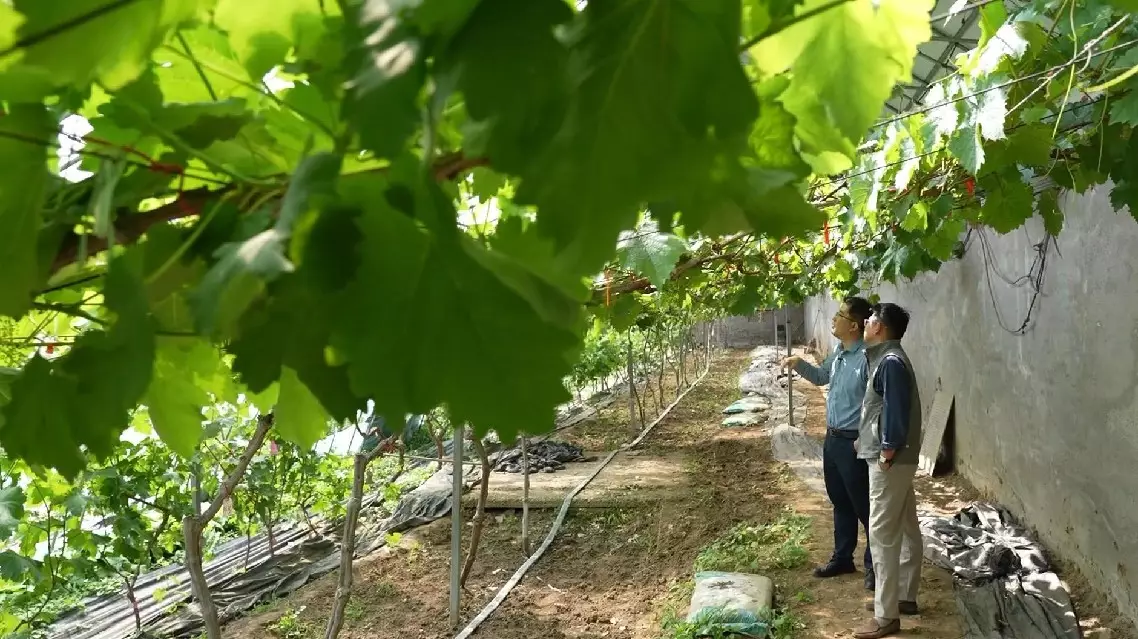
Chinese, French researchers study grape varieties to address climate change for wine



